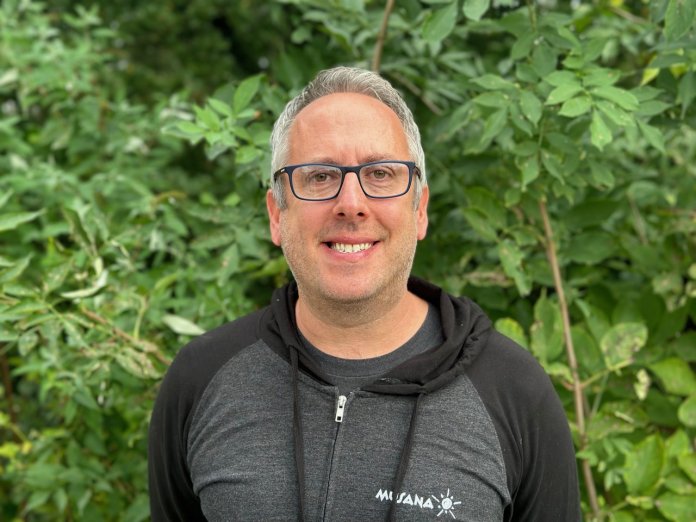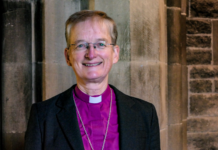Traditional Western aid models are leaving African nations trapped in poverty and caught in a cycle of financial dependency that has had the opposite effect and actually reduced their economic growth, according to Christian community development organisation Musana UK.
Western nations spent over $2.3 trillion on foreign aid between the 1960’s and 2006, with OECD statistics from 2018 suggesting that this has recently passed $3 trillion, but the countries receiving the highest average aid saw a mere 0.4% growth in income over the five decade period.
Paul Smith, UK Director at Musana UK, said: “World Bank data shows that between 2016 and 2020, aid sent to sub-Saharan Africa rose by 50% to $66bn. However, this aid is not reaching those in need. For example, overseas orphanages can exploit children by claiming that they are orphans to attract Western funding, when in fact 80% are not.
“As Christians, we have a moral responsibility to help those in poorer nations, and to remember that ‘Whoever is generous to the poor lends to the Lord, and he will repay him for his deed’, Proverbs 19:17.”
To break the cycle of dependency – where Africans are completely reliant on continual support from Western charities and organisations – Musana Uganda has pioneered a new, disruptive aid model that focuses on faith-driven infrastructure development, building social enterprises that serve the poor and enable communities to be financially self-sufficient, lifting them out of poverty.
The unique model of Musana Uganda’s social enterprises is that, once built, they are completely owned and run by the community itself. Since 2008, Musana has built three communities that include state-of-the-art hospitals, women’s empowerment centres multi-faith primary and vocational secondary schools, and conference centres – serving over 18 million meals and 266,000 patients, educating over 6,500 children, and empowering over 1,000 women with business and skills training.
Each community built becomes financially self-sustainable after seven years, and in 2023, Musana’s communities generated $2,907,520 (£2,298,801) in local revenue, covering 95% of their total operating budget. The community in Iganga also generated over $400,000 in profit, which was invested back into supporting the most vulnerable in their own community.
Haril Kazindra, Ugandan co-founder of Musana and Executive Director at Musana Uganda, said: “We aim to demonstrate God’s love by restoring the dignity of Ugandans in tackling the underlying causes of poverty instead of simply treating its symptoms. Musana provides job opportunities and vocational training for locals, creating entrepreneurs, all while generating revenue that is completely reinvested back into the community.
“Aid quality matters more than aid quantity. A global shift is now needed in the way the aid sector operates in order to move away from models that encourage exploitation and do little to improve the everyday lives of those in poverty.”
The UK arm of Musana launched in February this year and is committed to complete transparency in the stewardship of its funds, fighting corruption through strict checks and balances to ensure that every pound donated is spent with integrity and supports the development of the social enterprises.
To support or find out more about Musana, visit: musana.org/uk/.



